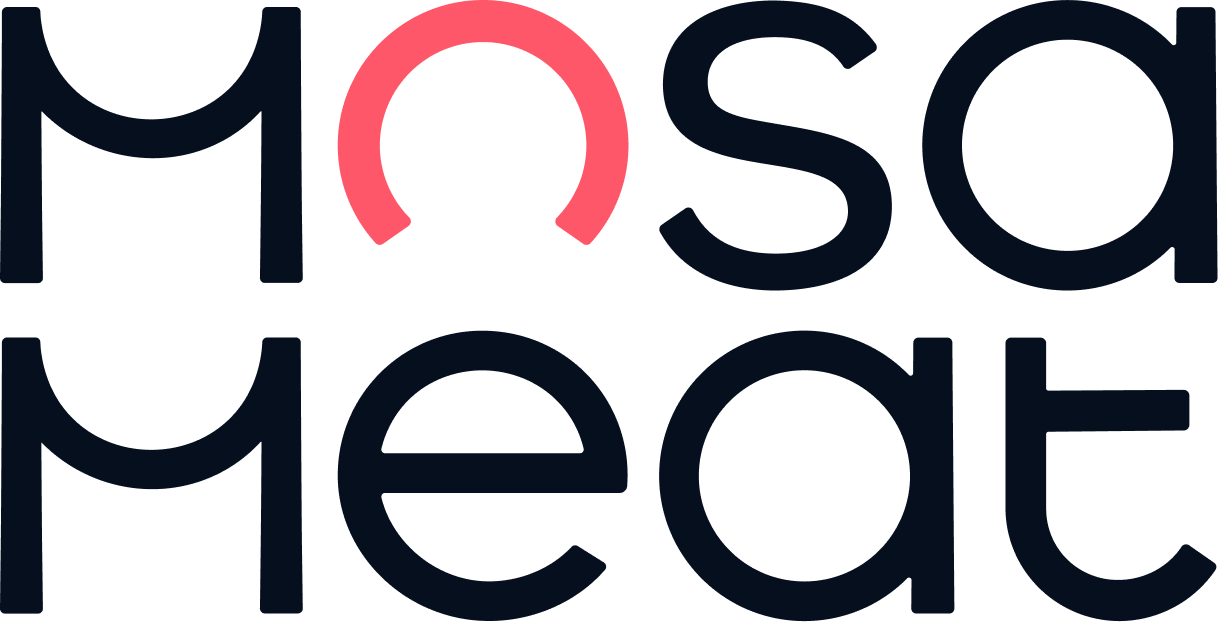FAQs
Who are we?
Mosa Meat is a start-up company formed in 2016 in Maastricht, the Netherlands. Our team created the world’s first cultured meat hamburger. Our science is led by Prof Mark Post. Our mission is to pioneer a cleaner, kinder way to make real beef, so that we can all continue to eat the meat we enjoy, but without the harmful effects of livestock meat production. There are currently over 100 of us, mostly scientists and engineers, led by our CEO Maarten Bosch. We are all incredibly passionate about trying to have an enormous positive impact on the environment, animals, food security and human health.
What does it taste like?
Like meat! We are aiming for our meat to be molecularly the same as regular meat, which means it will taste the same.
Isn’t it better to develop plant-based substitutes?
Our objective is to reduce the harmful effects of livestock farming. One solution is switching to plant-based diets, and it is exciting to see the growing popularity of plant-based foods.
However, we are concerned that many people will not want to become vegetarian or vegan. Therefore, we think we need to look at every possible avenue of reducing livestock farming, including cultured meat.
What is Cultured Meat?
Cultured meat (or "cell-based meat") is the same as conventional meat but, instead of slaughtering a whole animal, we produce the meat by growing animal cells.
Cultured meat isn’t a plant-based substitute. Rather, it's real meat that under a microscope is indistinguishable from meat tissue that comes from a cow, pig or chicken.
Will consumers accept it?
A number of surveys have been conducted in various European countries and in the US with a range of results (indicating as few as 20% or as many as 90% of consumers will try cultured meat). Even 20% of the public is an enormous market of first adopters. We are confident that when the product is of high quality and is competitively priced the benefits will appeal widely to consumers.
When will it be available to buy?
We are aiming for a first market introduction in the next couple years. It is very difficult to commit to a particular timeframe because there are still some scientific unknowns and factors outside our control (such as the regulatory process). The first introduction will likely be small-scale. Several years beyond that, we aim to be widely available in restaurants and supermarkets.
What’s next for Mosa Meat?
Looking forward, we’re excited to be entering a new phase of preparation for the introduction of commercial products, and gearing up to sell them across the globe.
In the next few years we will be focused on obtaining regulatory approval for the sale of cultured meat, actually scaling up production (including the construction of a pilot factory), and introducing our first products to market.
Why do we need Cultured Meat?
For two reasons. Cultured meat could solve the coming food crisis, and help combat climate change.
The Food and Agriculture Organisation of the United Nations (FAO) estimates that the global demand for meat is going to increase by 70% by 2050, and current production methods are not sustainable. If we want to provide meat for the growing population, we need a more efficient production method.
Furthermore, livestock contributes significantly to global warming through unchecked releases of methane, a greenhouse gas 20-30 times more potent than carbon dioxide. It is projected that cultured meat production could generate significantly lower greenhouse gas emissions, helping us avoid the disastrous consequences of climate change.
How much did the first burger cost?
The first burger cost €250,000 to produce. It was funded by Sergey Brin, the co-founder of Google, who shares our concerns about the environmental and animal welfare impacts of livestock meat production. The burger was this expensive in 2013 because back then we were producing at a very small scale.
Is there any video or photo material available that is free for use?
Yes, we would be delighted for you to use any of the photographs or videos available for download in our press kit.
Any other questions?
Email us at press@mosameat.com.
